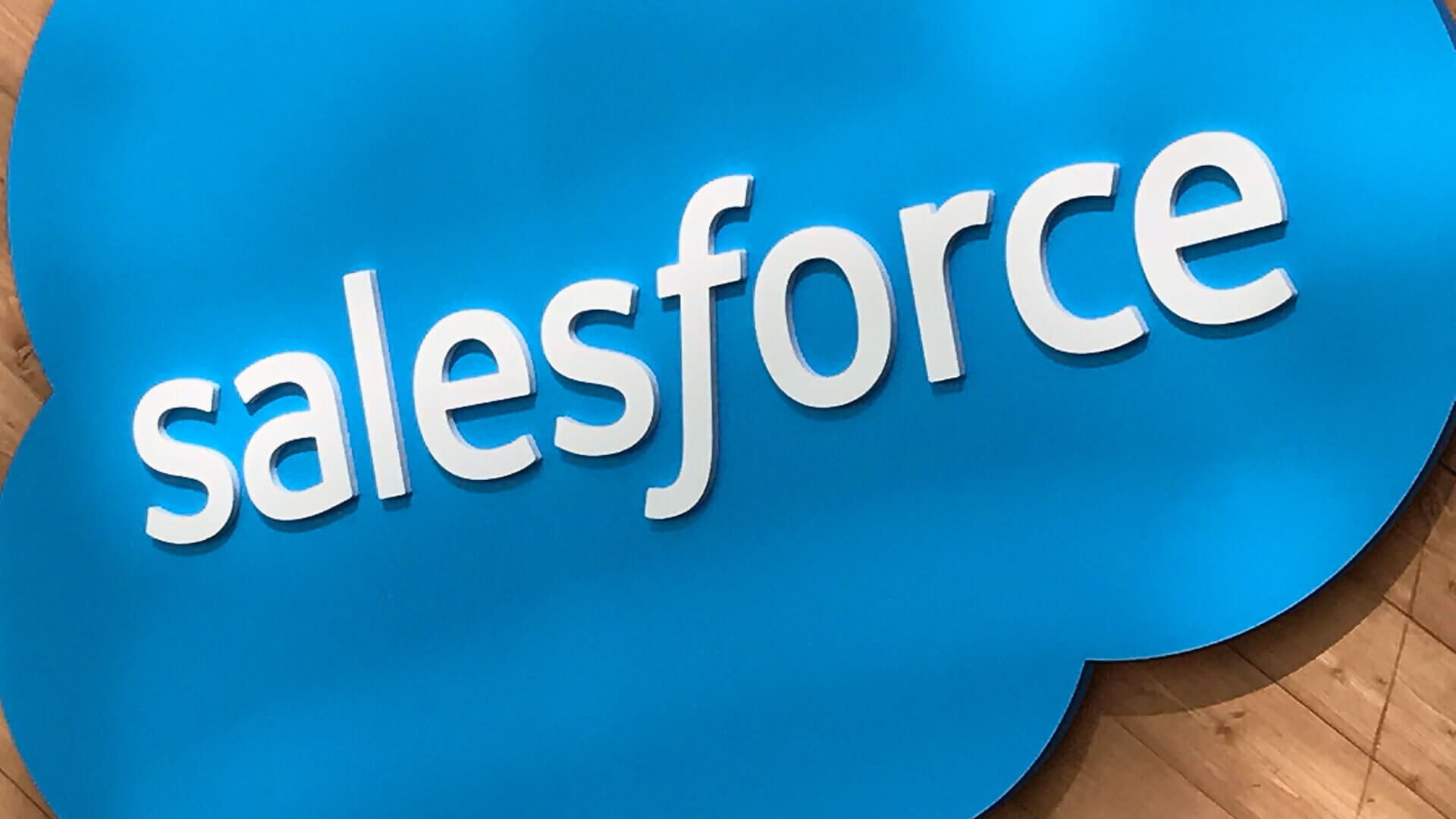How Salesforce’s acquisition of CloudCraze expands its Commerce Cloud
There is now a B2B side to complement the previous B2C focus, pointing to more ways for Salesforce’s CRM to become ecommerce-enabled.
In mid-2016, Salesforce bought commerce platform Demandware, which became the basis for its new Commerce Cloud.
Now, with the recent closing of its acquisition of commerce platform CloudCraze, Salesforce is adding B2B to its Commerce Cloud. But there’s more to that story, former CloudCraze EVP of Strategy — and now Salesforce VP for B2B Commerce Strategy — Andy Peebler told me.
Aside from its focus on B2B, he said, CloudCraze offers another advantage: It’s built natively onto the Salesforce platform. By contrast, Demandware was an existing platform that is now integrated with Salesforce.
This results in faster performance for CloudCraze purchases, he said, especially when a user is coming from Salesforce’s customer relationship management system (CRM). The salesperson has access to the same customer record in both the CRM and the store.
A salesperson using the Salesforce CRM, he noted, can close the sales process and then supervise the actual purchase.
In some cases, it can be very useful to have the salesperson involved through actual purchase, Peebler pointed out. For instance, there’s the use case of a customer who wants to get a few new things suggested by the sales rep when supplies are reordered, and the salesperson can guide the buyer to the specific models or types.
Peebler said that, if a salesperson is using Oracle or SAP and wants to integrate the commerce platform into their CRM, they have to pay additional for that connectivity. CloudCraze, he said, is the only B2B ecommerce platform built natively into Salesforce.
Since CloudCraze was already built into the Salesforce platform, why the acquisition?
From CloudCraze’s point of view, Peebler said there is now a chance to “turbocharge our R&D” because of the resources Salesforce offers. From Salesforce’s perspective, it now has the opportunity to directly expand its CRM in new ways into B2B commerce. Over time, he said, the company might also find ways to integrate the B2C and B2B sides of its Commerce Cloud.
Opinions expressed in this article are those of the guest author and not necessarily MarTech. Staff authors are listed here.
Related stories
